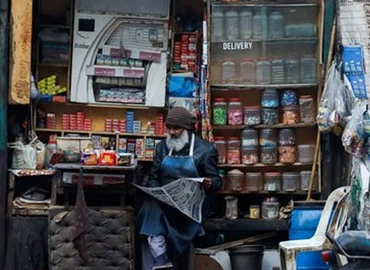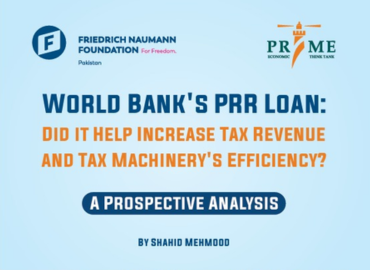Foreword
Privatisation, as everyone should recognize, encourages efficiency, transfer of technology, foreign capital investment and higher tax revenue, in addition to generating higher employment opportunities for both skilled and unskilled jobless workers of the country. However privatisation should be seen as a means to improve performance and open competition rather than an end in itself. Therefore an enabling environment must ensure level playing field for all players. And thus the thrust of power policy should be on promoting and protecting good and healthy competition instead of competitors.
There is no competition at the level of distribution in the energy sector. Unless all distribution companies are made responsible for their finances and allowed to function independently, it would not be possible to bring in efficiency in the power sector because inefficient DISCOs are being cross subsidized by some profit making or at least more efficient DISCOs.
The turnaround of Karachi Electric offers two paradoxical lessons: first, privatisation is not enough, and second, without privatisation, nothing works. In first three years after privatisation, this report tells us, the Karachi Electric continued to bleed like the old days. However, since the takeover by the new management, the KE has entered a new era. Building on a significant down-sizing of the company, the management radically changed its human resource and governance structures. Not only its service quality has increased, but also its social role in the city life has become much more responsible. In other words, it has built on the privatisation, without which it would have had no incentive of investing over $1billion.
Unbundling of the archaic WAPDA in the nineties has followed certain reforms, including appointment of independent board of directors in the DISCOs. However, these independent boards have not been able to bring the DISCOs out of crises as the companies remained marred in bureaucratic wrangling. As this report shows, the DISCOs are so much dependent on the respective ministries, that they are required to transfer entire amount of bill collections to the central agency, which after adjustments and deductions, transfers the budgeted amount back to DISCOs.
An important contribution of this report is development of a comparative framework to monitor and track the performance of DISCOs. The laggard performance of state operated DISCOs – those operating in Peshawar and Islamabad- and superior performance of the privately owned DISCO – KE- are quite revealing. The report thus offers parameters which can also be used by other researchers for conducting their own evaluation. In this respect, the author of this study, Dr. Raza Ullah needs to be appreciated for his contribution.
Each wave of deregulation and liberalisation of any sector has been accompanied by creation of a regulatory agency, which in this case is NEPRA. While ‘policing’ and ‘sector development’ are the legitimate goals of sectoral regulators like NEPRA, it can only happen through independent regulatory bodies. This report notes that NEPRA is overshadowed by various ministries, which has compromised a major goal of deregulation. This situation demands a relook at the entire power policy, especially after its failure to keep up with the rising demand of electricity consumers.





